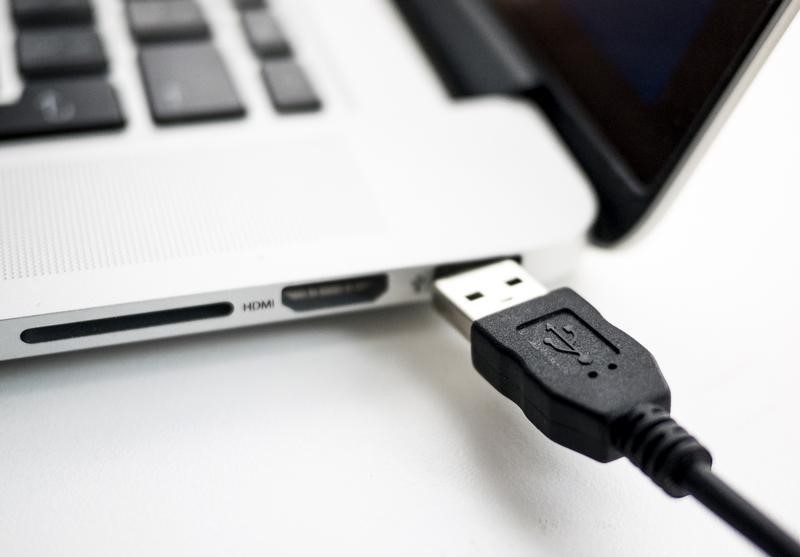(Reuters) - Australian mine developer Clean TeQ Holdings Ltd said on Friday it terminated an agreement with Metallurgical Corporation of China to develop its Sunrise Battery Materials Complex, further delaying the project.
The move creates more pressure on Clean TeQ, whose largest shareholder is Canadian mining entrepreneur Robert Friedland, to get the nickel, cobalt and scandium project in central New South Wales up and running at a time when demand from electric vehicle makers is set to gear up.
Clean TeQ signed a development deal with MCC in August 2018 but the agreement was terminated after they could not agree on design, procurement, project execution and contracting matters, the company said in statement to the Australian Securities Exchange.
Fluor Australia, which is already part of the engineering team working with MCC on the project, will now deliver an execution plan for the project, the company said.
Clean TeQ hopes that the Sunrise project will be ready for a final investment decision in mid-2020.
In June, the Australian company said it was looking to sell up to 50% of Sunrise, which it says has garnered more interest after prices of cobalt climbed off recent lows, and as nickel prices jumped by 60% this year.
The company says it's engaging with a "number of parties" and is targeting to conclude the sales process by the first half of next year in time for the final investment decision for the project.
Australia is trying to build itself into a supplier not only of raw materials for the green energy revolution but to also move up the value chain into chemicals such as nickel and cobalt sulphate for electric vehicle batteries.
BHP Group has built a nickel sulphate plant just south of Perth in Western Australia to supply battery chemicals straight to the industry.
Smaller projects, however, are struggling to get funding because the highly technical plants require capital expenditure that can be many multiples of the company's market capitalization.
Peer Australian Mines said that it was hoping to lock in funds for a planned A$1.3 billion ($935 million) battery materials plant by the end of June but they have yet to appear.
